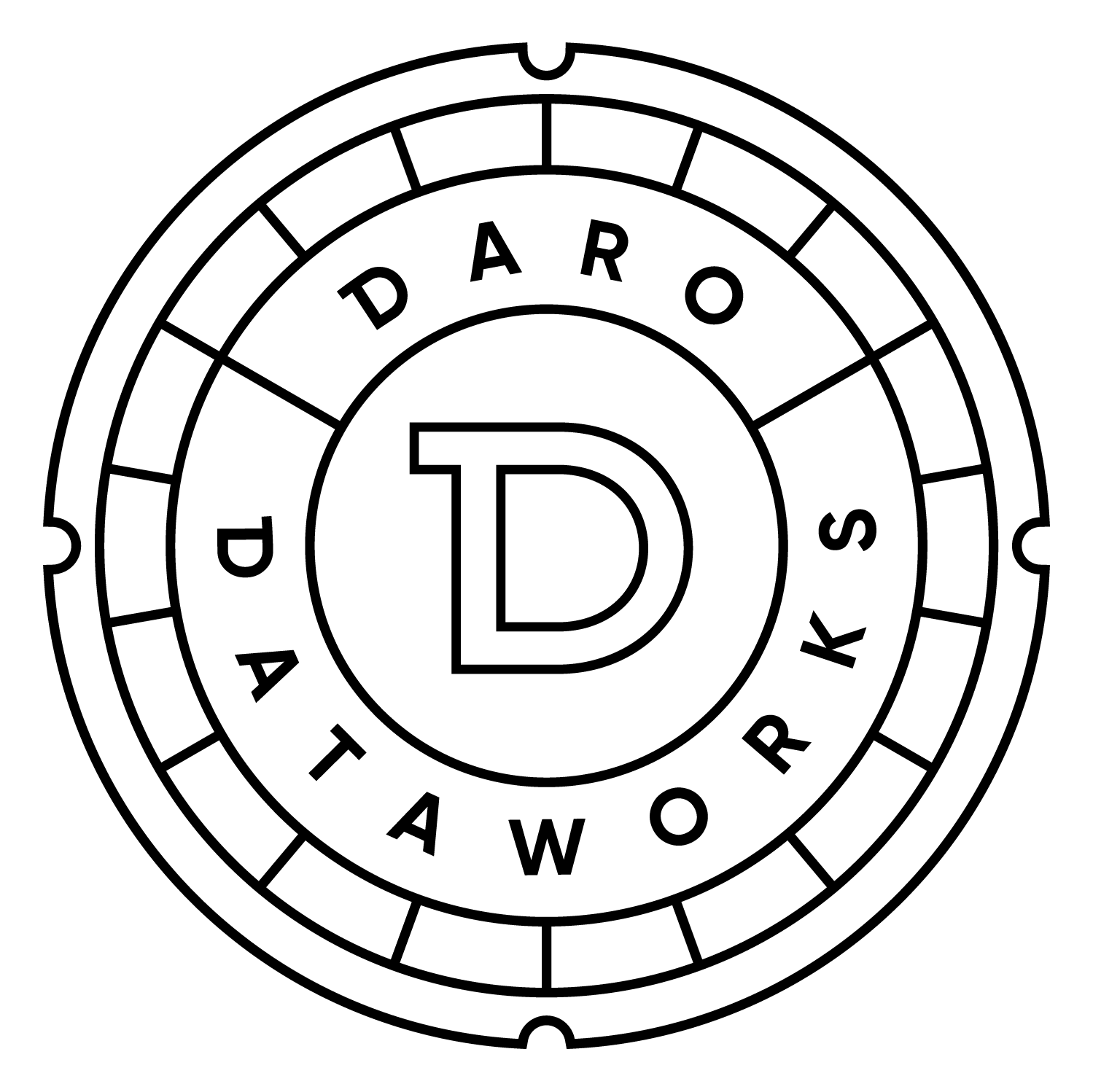Open Data and You
Photo by Alexander Grey on Unsplash
Lessons from open science for the nonprofit sector in data sharing.
We are excited about new advances in open data in the sciences and the implications for data sharing in the nonprofit sector. Federal agencies have recently created an interdisciplinary decentralized network of repositories to make data sharing easier for researchers. Despite this new infrastructure, many researchers are still not willing to share their data, despite the benefits of data sharing to the field at large. We should be encouraging norms that reward researchers who share data, as it takes a lot of work for them to do so (especially data that is shared by FAIR standards - meaning findable, accessible, interoperable, and reusable).
One challenge in creating these norms is that successful data sharing is ultimately a people problem, not a tech or infrastructural one - making it harder to address. Despite the issues in data sharing, there are many examples of scholars that have created repositories that serve as data sharing hubs for their respective fields, built by those ‘on the ground’ - signalling the type of culture shift that should make open data sharing easier in the sciences. Unfortunately, these hubs still suffer from low engagement among the more senior academics, leading to a lack of momentum even when interest among some people has been piqued.
Another challenge is a lack of training for researchers who are new to sharing information within the community, resulting in messy or ineffective submissions of data. Improperly structured “low quality” data can easily overwhelm a community and any repositories that are lacking trained, dedicated staff (i.e, most of them). Many researchers believe data sharing is important, but few actually make their data public once their research is complete, as this article in the Atlantic discusses. “Information stinginess” can also be attributed to the cost of data transfers - often more than researchers are willing (or able) to pay.
The biggest challenge, though, is in addressing the ‘culture of secrecy’ that exists in the disciplines where collaboration is less of a norm. Increasing transparency in the sciences goes beyond just researchers. Journals, publishers, universities, funding agencies, and industry professionals need to help with helping to share research materials and establishing protocols for data storage and sharing so that the resulting outputs can actually be useful. Exploring how to address this dynamic is especially relevant for understanding how to enable and promote data sharing in the nonprofit sector, where collaboration can be difficult to initiate.
While researchers and professionals all agree that data sharing is an important and necessary step towards a more collaborative future, the issues that hinder progress are ‘people problems’ which are harder to navigate. We wonder how we can act as catalysts to create better standards and incentives around data sharing and what this culture shift would look like in the nonprofit sector.

